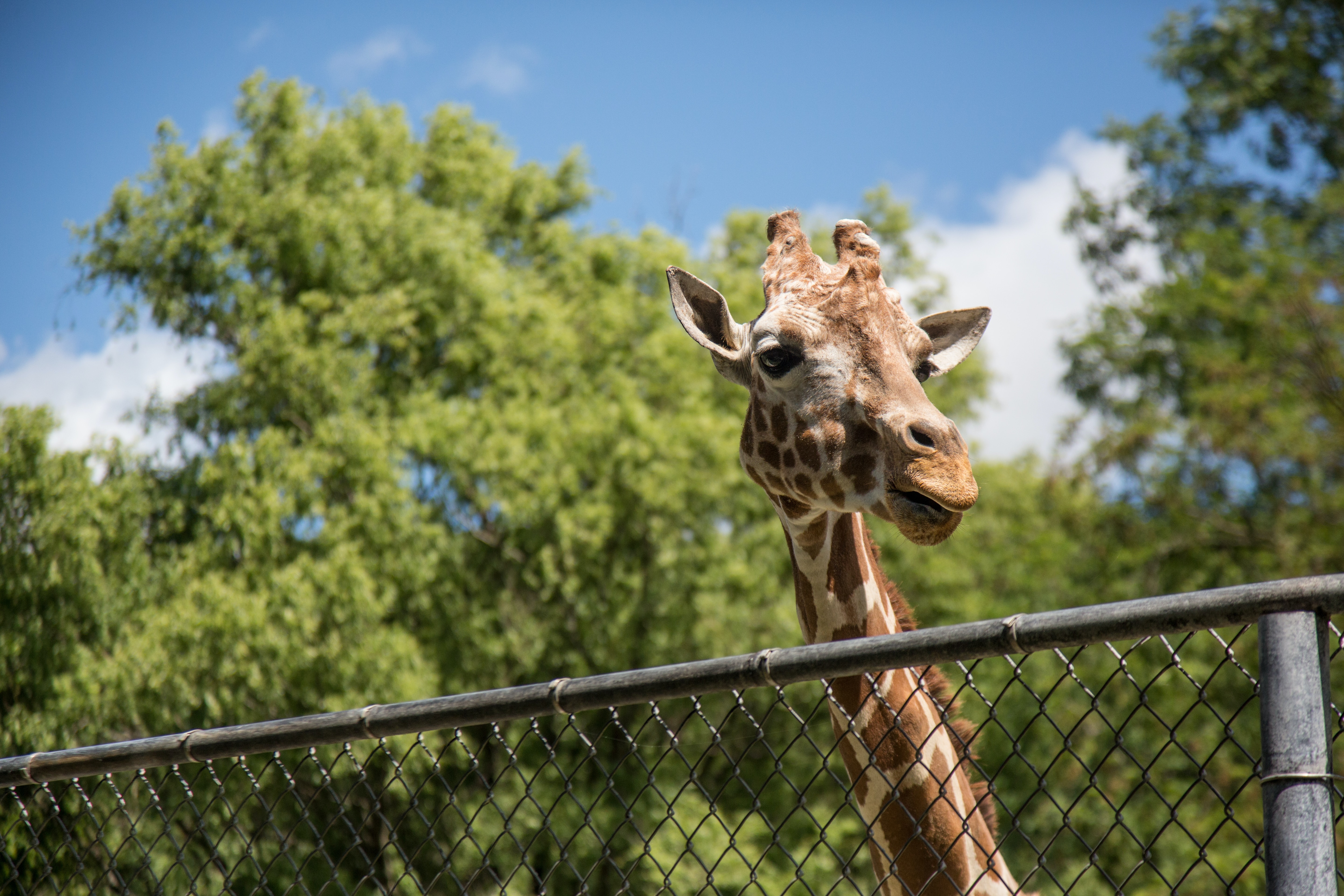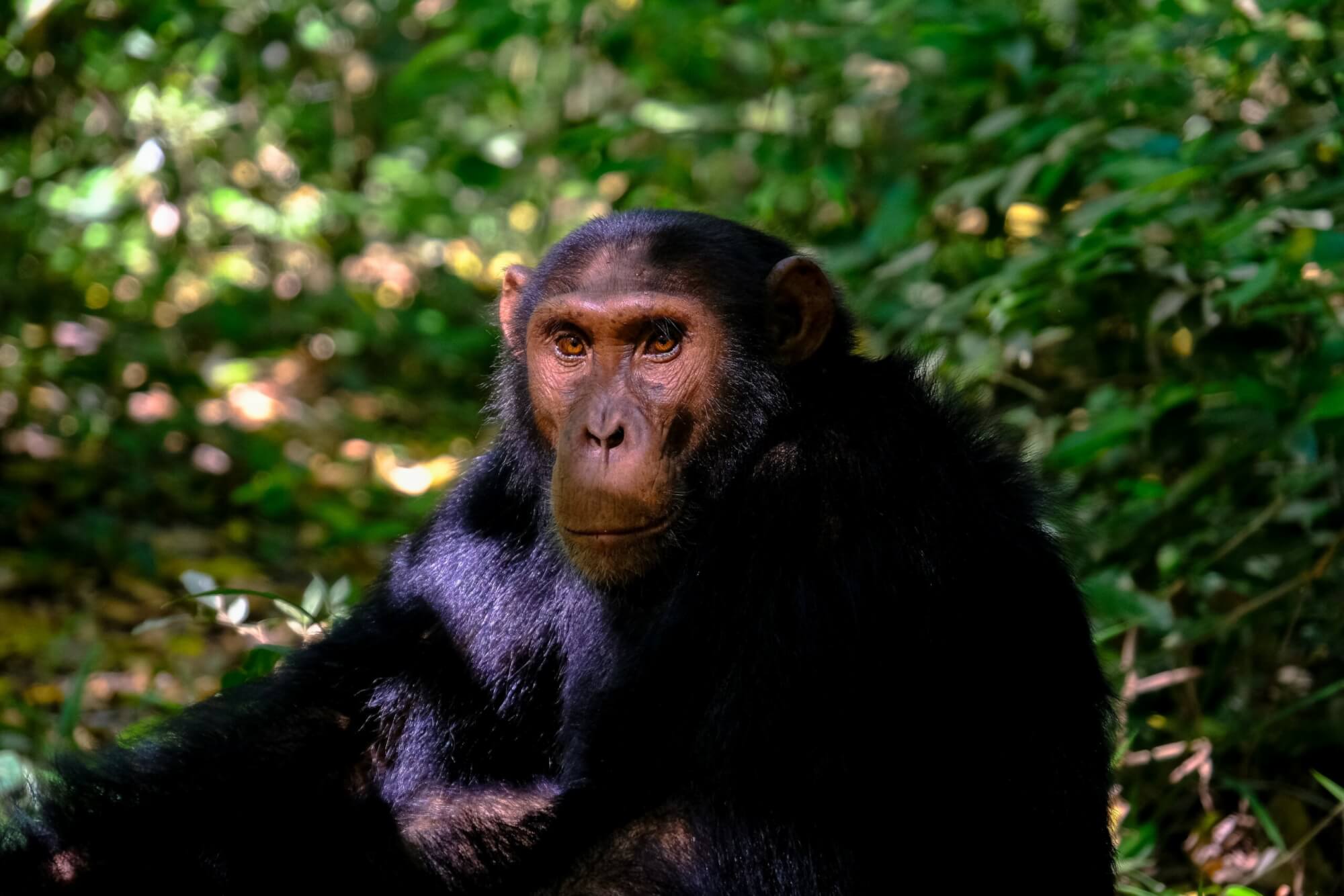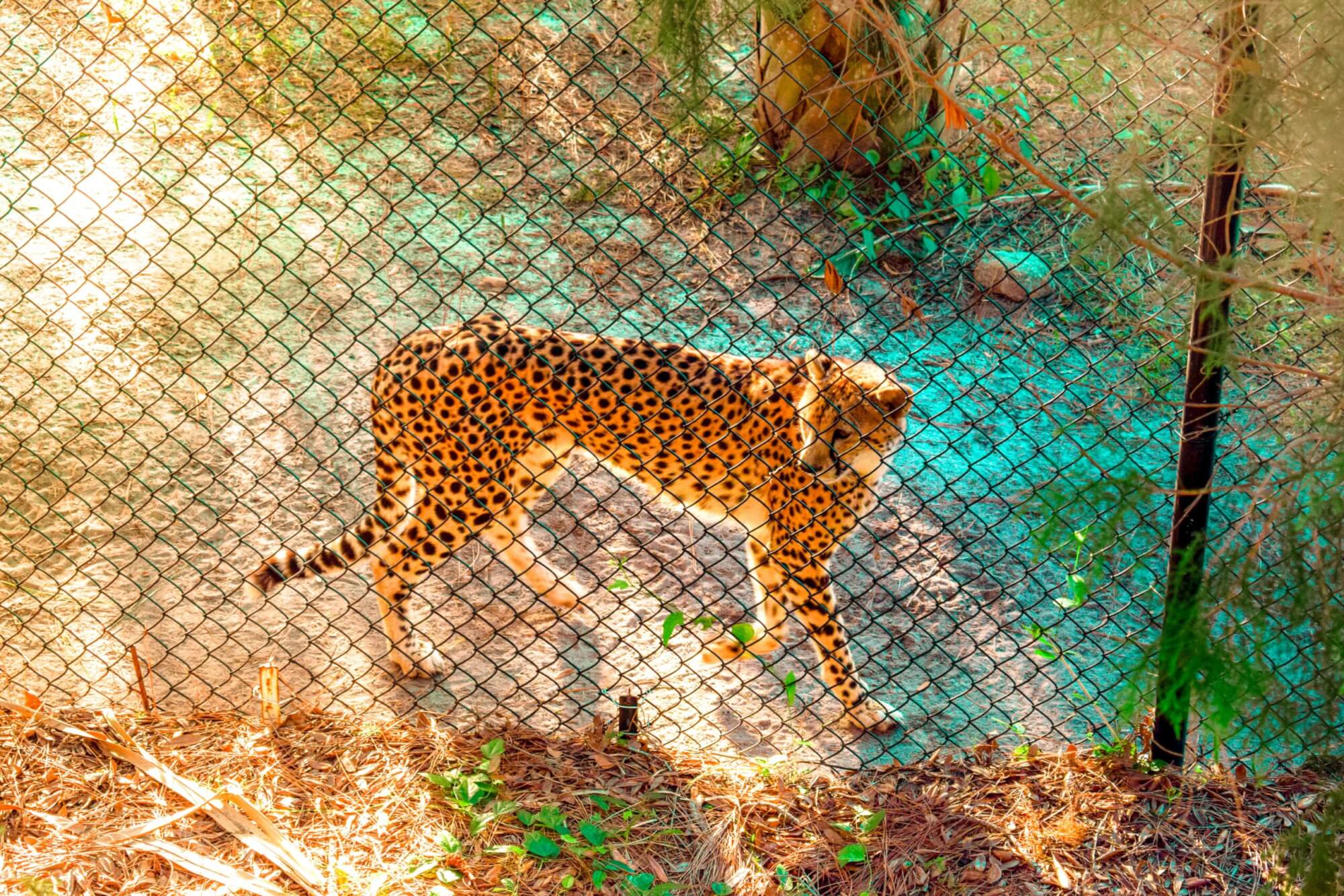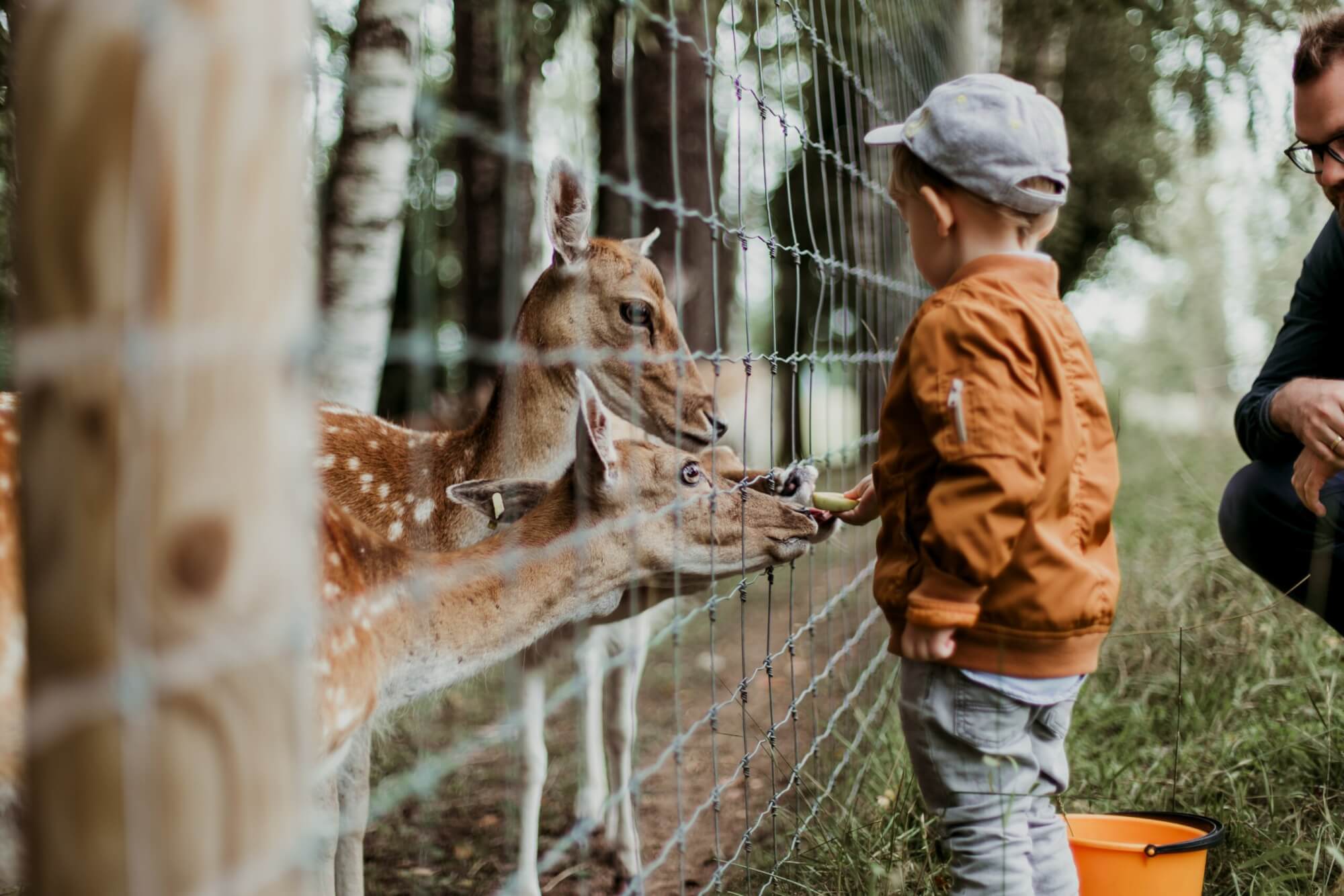The question of how relevant and ethical (or unethical!) animal establishments such as zoos and aquariums are is highly debatable. The Jane Goodall Bill, introduced in 2020 and then reintroduced in 2022 in the Canadian Senate, attempts to strengthen regulations regarding various aspects of animal welfare in zoos and aquariums.
Jane Goodall: environmentalist, scientist, pacifist
Jane Goodall, British ecologist and anthropologist, is internationally recognized as a prominent expert in chimpanzees. She has studied the social and family interactions of this species in the wild for 60 years. During her long scientific career, Dr. Goodall has not only demonstrated the urgency of protecting chimpanzees from extinction, but has also redefined the concept of species conservation to include the needs of local citizens and the environment. An ardent defender of animal welfare, she is an activist for the better treatment of wild and captive animals, even today at the venerable age of 89!
Prioritizing animal welfare
Additionally, in 2020, Dr. Goodall introduced a bill in Canada bearing her name in partnership with Manitoba Senator (and member of the Ojibway First Nation) Murray Sinclair: the Jane Goodall Act. Most recently, on March 22, 2022, the law was reintroduced by Saskatchewan Senator (and Cree Métis citizen) Marty Klyne in the Canadian Senate. The bill proposes new legal protection for certain animal species kept in captivity in zoos and aquariums, including big cats, bears, wolves, seals, sea lions, walruses, certain primates, elephants and dangerous reptiles such as crocodiles and giant pythons.
The law proposes putting an end to the trade, breeding and acquisition of these species. This means it would prohibit keeping certain species in captivity, where their well-being is greatly compromised. Such custody would be exclusively reserved for a handful of federally designated “animal care organizations,” which would be held to the highest standards of animal welfare. Interestingly, it was not until 2019 that Canada approved a bill banning the keeping of dolphins and cetaceans in captivity, as their well-being can hardly be ensured outside of the wild.
The Jane Goodall Act is one of the toughest animal welfare laws in the world. It is supported not only by a host of animal rights organizations, but also by a few establishments the likes of Biodôme de Montréal and Zoo de Granby, which have undertaken to improve their practices. These two institutions have also received accreditation with the Association of Zoos and Aquariums (AZA).
Another driving factor behind support for the law is the understanding and recognition by Indigenous peoples that animals and humans as well as our surrounding environment are all interconnected. Indeed, rather than continually acting like spectators, perhaps we should remember that we are intimately linked to other species and that it is our duty to respect them and assume our responsibilities toward them.
What is AZA?
AZA is a non-profit accrediting organization that covers major zoos and aquariums in the United States and 12 other countries. It requires member institutions to successfully complete a rigorous accreditation process every five years. This laborious exercise takes over six months to complete and consists of a committee of independent experts who verify compliance with animal care standards. These standards are stricter than those of Canada’s Accredited Aquariums and Zoos (CAZA), a similar organization operating in Canada. For instance, it wasn’t until 2021 that CAZA banned elephant rides, 10 years after AZA! Additionally, AZA accreditation requires establishments to earmark at least 3% of their budget for nature conservation.
The Jane Goodall Act seeks to impose AZA standards on all zoos and aquariums. It is therefore highly controversial amongst owners of animal establishments. Some promote and abide by it, while many others fear that they will have to close shop should the law be adopted. Indeed, they will be forced to adapt their facilities to the new standards, which can be very costly. An article published in Le Reflet explains that some zoo owners believe that the senator and his law are “barking up the wrong tree.”
According to Jean-Pierre Ranger, owner of Parc Safari in Montérégie, it would be more appropriate to target the so-called “drive-through zoos” in Ontario, for example, which are not accredited and do not meet strict standards. But he doesn’t believe parks like his, which are already CAZA-accredited, should be subjected to even more rigid standards. The project was in its second reading in spring 2022, but media coverage has completely evaporated since then.
Care through understanding
In closing, no one knows what will happen to this controversial bill, but one thing is certain: zoos and aquariums will have no other choice but to quickly adapt to the growing concerns of the public, scientists and politicians for animal welfare!
“Only if we understand, can we care. Only if we care, will we help. Only if we help, we shall be saved.” – Jane Goodall









